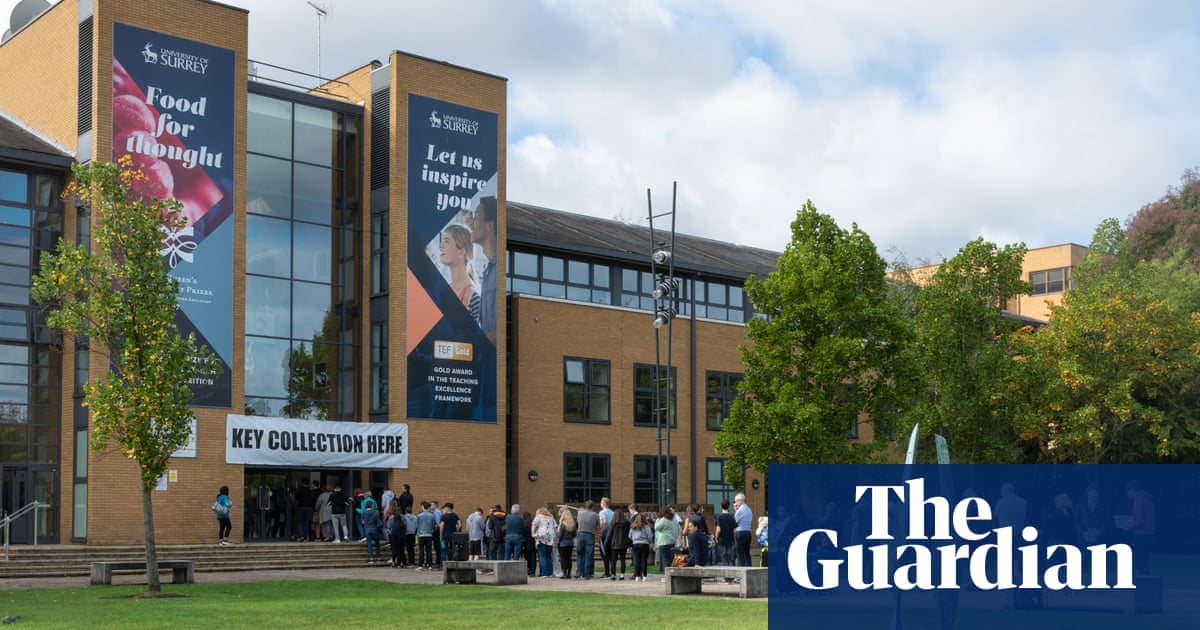
Tupperware, the American plastic food container business founded by the chemist Earl Tupper 77 years ago, has predicted it will go bust unless it can raise emergency funds.
Shares in the Massachusetts firm, which became famous in the 1950s and 1960s when mostly women held “Tupperware parties” to sell its plastic containers with patented “burping” seal, crashed almost 50% this week after it told investors there was “substantial doubt about the company’s ability to continue as a going concern”.
The company, which benefited from a boom in demand during the pandemic as people stayed at home, has seen its shares drop by 95% over the past 12 months as it struggles to match more innovative storage competitors who promote their products to younger people on TikTok and Instagram.
Tupperware said it would not have enough cash to fund its operations unless it could secure additional funding in the coming days. The company said it was considering making jobs redundant and selling some of its real-estate portfolio to try to save money.
It said it “currently forecasts that it may not have adequate liquidity in the near term” and “has therefore concluded that there is substantial doubt about its ability to continue as a going concern”.
It is the second time in less than six months that Tupperware has issued a “going concern” warning.
The New York stock exchange also said Tupperware was in danger of being delisted from the stock market as it was late filing its annual report. The company said it hoped to file a report within the next 30 days, but added “there can be no assurance” it “will be filed at such time”.
Neil Saunders, a retail analyst and managing director of GlobalData Retail, said Tupperware was suffering from a sharp decline in the number of sellers, a drop in consumers buying home products after the pandemic and “a brand that still does not fully connect with younger consumers”.
Tupperware products were initially sold in department stores, but sales were slow as consumers were unsure how to use the plastic containers. At the time, people were used to glass or ceramic jars and were unfamiliar with Tupperware’s patented “burping” seal to force out air.
Then a saleswoman called Brownie Wise, who was selling cleaning products at parties, added Tupperware into the mix and demonstrated how versatile the containers could be.
Tupper hired her as vice-president for marketing and she ran the Tupperware parties operations. At one point, the company had more than 1 million representatives selling its products at parties and earning a commission on each sale.
The Tupperware party phenomenon reached the UK in 1960 when the first event was held in Weybridge, Surrey. Popular initial products included the Dip ‘N’ Serve serving tray, the portable cake carrier the Pie Taker, and the Party Bowl.
The Smithsonian magazine described how at Tupperware parties a “well-dressed dealer with practised demonstration skills would show the hostess and her friends how to use this hi-tech, colourful new kitchenware.
“She’d lead the group in dramatic party games, like tossing a sealed Wonder Bowl full of grape juice around the room to demonstrate the strength of its seal. They sold products at retail prices, but Tupperware only took the wholesale price of an item.”
The last Tupperware party was held in the UK in 2003 when the company ended contracts with the 1,500 people selling its products there.












